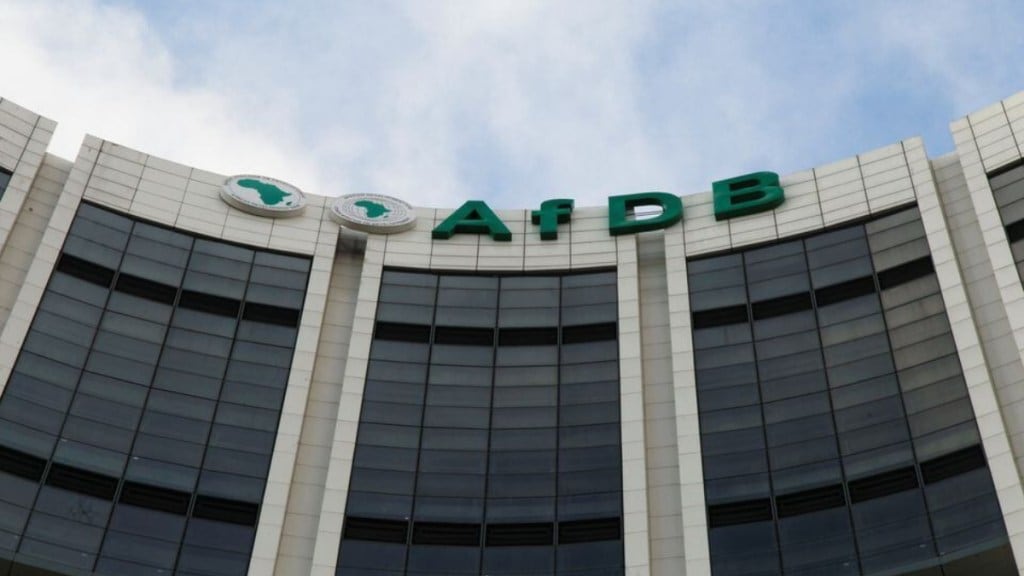In an effort to garner support for Africa’s climate initiatives, the African Development Bank, led by President Dr Akinwumi Adesina, will unfold various climate action plans during the UN Climate Change Conference, COP28, in Dubai. The bank’s delegation seeks to enhance its global presence, mobilize resources, and advocate for substantial commitments from affluent nations to meet Africa’s pressing needs in combating climate change.
Throughout the two-week conference, the Bank will actively engage in partnerships and resource mobilization, emphasizing initiatives such as the Africa Climate Risk Insurance Facility for Adaptation (ACRIFA). Aiming to raise essential funds for climate adaptation within Africa’s agricultural sector, the bank will also play a pivotal role in the Global Battery Energy Storage System Consortium, a joint endeavour with the Rockefeller Foundation, focusing on reducing renewable energy technology costs.
COP28 provides a platform for the African Development Bank to solidify funding commitments, particularly for its $10-billion Alliance for Green Infrastructure in Africa (AGIA). Additionally, the bank aims to advance the Bridgetown initiative, advocating for the allocation of IMF special drawing rights to multilateral development banks.
With Africa contributing less than 4% of global carbon emissions, the continent seeks increased climate finance from high-polluting countries. The bank estimates a need for $2.8 trillion through 2030 to fulfil climate commitments, emphasizing that Africa’s current climate finance inflows are meagre, focusing primarily on small-scale operations.
President Adesina underlines the necessity for transformative action, asserting the need for changes in the global climate financial architecture to prioritize Africa. The bank commits $25 billion towards climate finance by 2025 and champions the African Adaptation Acceleration Program, the world’s largest climate adaptation initiative.
COP28’s significance lies in the first Global Stocktake, evaluating progress since the Paris Agreement’s adoption. The summit also introduces the ‘Scaling-up Agriculture and Food Systems Transformation for Economic Development’ initiative, aiming to mobilize $10 billion to address climate and food security in Africa and the Middle East.
Africa’s potential resilience against climate change and food insecurity is underscored by its abundant solar, hydro, and geothermal energy resources. The bank, since 2011, has deployed $23 billion in climate finance, collaborating with global partners to raise $25 billion for climate-resilient actions under the Africa Adaptation Acceleration program.
Notably, the Alliance for Green Infrastructure in Africa (AGIA), launched during COP27, aims to enhance the bankability of green infrastructure projects, generating up to $10 billion in investment opportunities. The bank continues its commitment to technology-driven initiatives, including Special Agro-Industrial Processing Zones (SAPZs) and Technologies for African Agricultural Transformation (TAAT), focusing on boosting food production and nutrition across the continent.
At COP28, the African Development Bank takes a proactive stance to reshape the global narrative on critical issues, including energy transition, nature-based solutions, adaptation finance, reform of multilateral development banks, carbon markets, and restitution for loss and damage.

